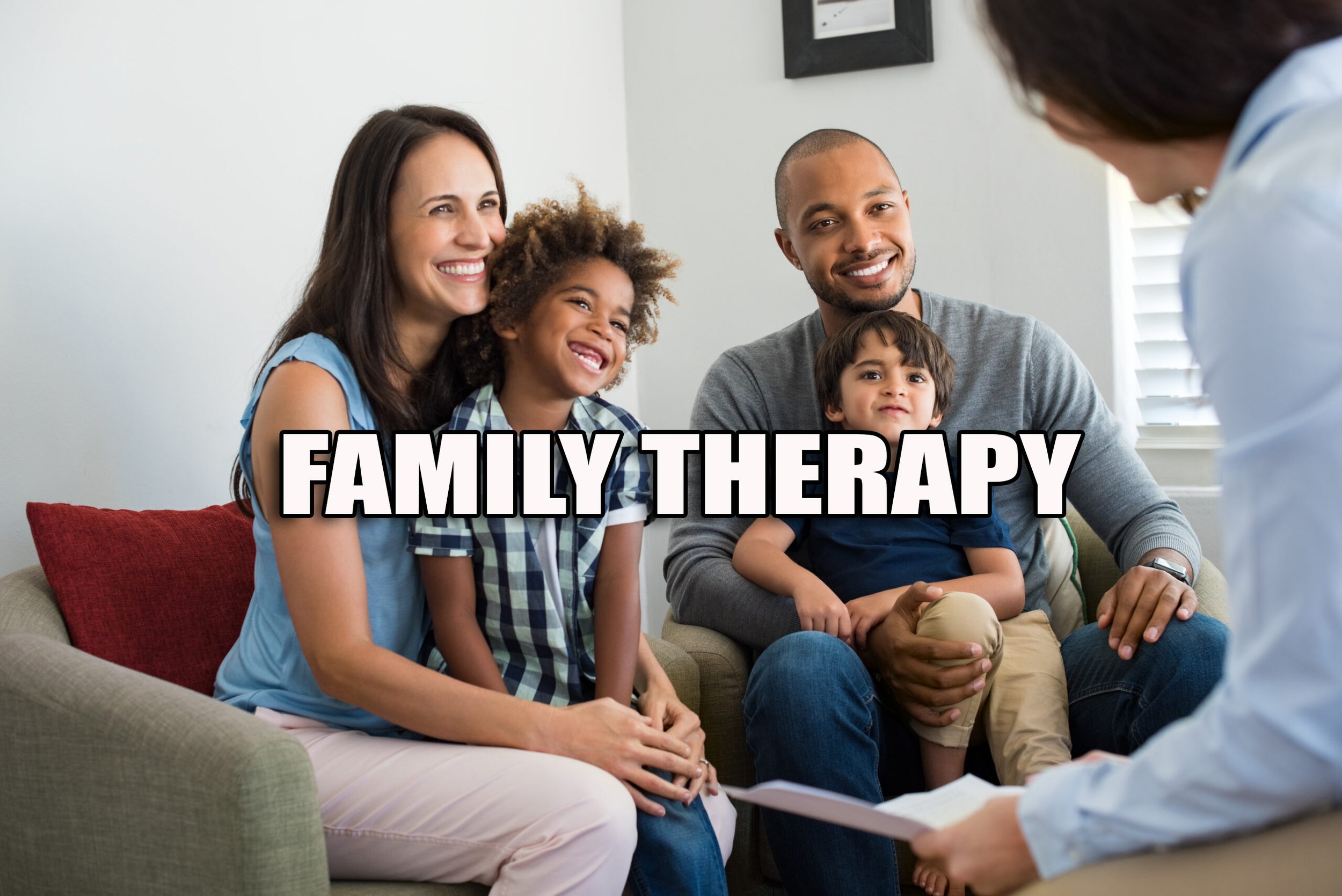Wraparound Services For Autism
At Evolving Lives Inc, we believe that every individual deserves the opportunity to thrive, regardless of their challenges. For individuals with autism, we offer comprehensive wraparound services designed to support the whole person, not just their diagnosis. Our approach is individualized, family-focused, and strength-based, ensuring that each person receives the care and resources tailored to their unique needs.
Evolving Lives Inc provides coordinated services that may include behavioral therapy, psycho-educational support, life skills and youth employment coaching, social integration programs, vocational training, and mental health counseling. We also work closely with families, schools, healthcare providers, and community partners to build a supportive network around each individual.
Our goal is to promote autonomy, build confidence, and help those with autism live fulfilling, self-directed lives. Through compassion, consistency, and collaboration, Evolving Lives Inc is proud to stand alongside individuals with autism and their families, every step of the way.
What Are Students with IEPs and 504 Plans?
IEP (Individualized Education Program):
An IEP is a legal document developed for students who qualify for special education services under the Individuals with Disabilities Education Act (IDEA). These students typically have a diagnosed disability—such as autism, ADHD, learning disabilities, emotional disorders, or physical impairments—that significantly impacts their ability to learn in a general education setting without specialized instruction.
An IEP outlines:
The student’s current academic performance and goals
Special education services and accommodations
Related services (like speech or occupational therapy)
A plan for how the student will be taught and supported
A transition plan for life after high school (starting at age 16)
504 Plan:
A 504 Plan is designed under Section 504 of the Rehabilitation Act of 1973 and provides accommodations to students with disabilities who do not require special education, but still need support to access the general education curriculum. These students might have conditions like ADHD, diabetes, anxiety, or temporary injuries.
A 504 Plan may include:
Extended time on tests
Preferential seating
Modified assignments
Access to medical care or physical accommodations
Key Differences:
Feature
Law
Purpose
Services Offered
Eligibility
IEP
IDEA (special education law)
Specialized instruction + accommodations
Must meet under IDEA criteria for one of 13 disabilities
Special education & related services
504 Plan
Section 504 (civil rights law)
Accommodations only
Has a disability affecting a major life activity
General education with accommodations
Khris Lucin, LCSW
Program Director / Barry U Graduate
Licensed Clinical Social Worker with experience in individual, family, and group therapy. Barry University Graduate with a focus on trauma-informed care, dedicated to fostering emotional intelligence and self-esteem through psychoeducational programs. Experience with children and adults across diverse settings, offering compassionate, client-centered support to promote lasting growth.
Neha Ahmad
Employment Specialist/Therapist
Clinical graduate student Florida International University, working as a employment specialist and therapist. She is motivated and passionate working with individuals to help them unlock thier full potential.
Merida Picon
Employment Specialist
Compassionate and dedicated Social Worker with over 30 yrs of experience working for the Florida Department of Education. Advocating for individuals with disabilities and families facing social, emotional, and economic challenges.
Isabel Chirinos
Employment Specialist/Administrative Assistant
Amanda Soler
Supportive Employment Specialist
Julian Enriquez
Administrative Grant Writer
I am a graduate of the George Washington University's Trachtenberg School, where I graduated with a Master's of Public Administration. I am a Trainee Telecommunications Policy Analyst at the National Telecommunications and Information Administration.
Hailey Monteagudo
Community Liaison/ Speech Therapist
In Graduate school for speech pathology at Florida International University. She has over 3 yrs working with individuals with speech impediments
Evolving Lives Inc. helps students with mental health issues in several ways:
1. Counseling Services: Provides access to licensed therapists for individual family and group sessions, offering a safe space to share concerns and develop coping strategies. Working together we bring awareness to the various mental health resources found in the community.
2. Psychoeducational Programs: Educates participants in the various dynamics on how our mental and emotional health affects relationships with ourselves and others. By teaching mindfulness techniques, individual or group settings, we promote enhanced awareness and emotional regulation.
3. Academic Support: Assist students with developing skills for academic success, time management, and goal setting. While addressing common fears relating to failure, students can better achieve a desired outcome.
4. Referral Services: Connects participants with external resources, such as psychiatrists, support groups, and hotlines, as needed.
5. Community collaboration: Organizes events, workshops and campaigns to reduce stigma, promote mental health awareness, and encourage open discussions on this topic.
Evolving Lives Inc. aims to provide a comprehensive support system, empowering students to navigate mental health challenges and thrive in their academic and personal lives.
Ready to Schedule?
With Headway, Insurance verification and scheduling is easy. Click the link below to book your appointment.
Accepted Insurances
Aetna
Quest Behavioral Health
Cigna
Blue Cross Blue Shield of Massachusetts
Carelon Behavioral Health
Oxford (Optum)
United Health (Optum)
United Healthcare Medicare Advantage
Oscar (Optum)
Clinical Supervision
We supervise undergraduate and graduate students from Florida International University (FIU) and Barry University studying psychology, social work and mental health counseling so they can gain practical experience and training to better service populations in the community.
By utilizing various modalities during their practicum, we demonstrate how students develop ethical clinical judgments. Using psycho-education and cognitive behavioral therapy, we can begin to compassionately address unhealthy attitudes and behaviors. Our diversified staff consists of multidisciplinary licensed professionals, ranging from Clinical Psychologist, BCBA, LCSW, LMHC, and ARNPs.
Psychoeducation refers to the process of providing individuals, families, or groups with information and knowledge about mental health, psychological disorders, coping strategies, and treatment options. The main goal of psychoeducation is to enhance understanding and awareness of mental health issues, leading to better self-management and improved overall well-being.
In a therapeutic context, psychoeducation can be delivered by mental health professionals, such as therapists, counselors, or psychologists, through various means, including individual sessions, group workshops, or educational materials. It empowers individuals to recognize signs and symptoms of mental health challenges, learn effective coping skills, make informed decisions about treatment options, and reduce the stigma associated with mental illnesses. Psychoeducation plays a crucial role in promoting emotional intelligence and fostering a greater sense of self.
Emotional Enrichment
Self-Awareness/Self-regulation
Mindfulness/Empathic Reasoning
Confidence building/Enhance Motivation
Healthier Communication
Individual therapy, also known as one-on-one therapy or psychotherapy, is a form of mental health treatment where a person works directly with a trained therapist. In this private setting, the therapist helps the individual explore and address their specific emotional, behavioral, or psychological concerns. The therapist provides personalized support, guidance, and interventions tailored to the individual's unique needs and circumstances. Individual therapy allows for a more focused and in-depth exploration of personal issues and facilitates a deeper understanding of oneself, leading to personal growth and positive change.
Solution-focused/Goal Oriented therapy
Self-Advocacy/Self-awareness
Assisting with emotional enrichment
Cognitive Behavioral
Psychodynamic
Family therapy is a type of psychotherapy that involves working with the entire family as a unit rather than focusing solely on an individual. The goal of family therapy is to improve communication, resolve conflicts, and enhance the overall functioning and relationships within the family system. A trained therapist facilitates sessions where family members can express their feelings, thoughts, and concerns in a safe and supportive environment.
Family therapy is often used to address various family-related issues, such as communication problems, established unhealthy dynamics, parenting challenges, conflicts between family members, adjustment to major life changes, and coping with a family member's mental health or behavioral issues. By involving all members, family therapy aims to strengthen bonds, promote understanding, and create a more harmonious family dynamic.
Improve Communication/Trust Building
Parent workshops
Expectations in the family unit
Respecting everyone’s process
Clinically important to improve the quality of relationships,
allowing healthy development of milestones
Group therapy is a type of intervention where a trained therapist leads various individuals who share similar emotional or behavioral challenges. Participants come together to discuss their experiences, offer support, and learn coping strategies. This setting allows individuals to gain insights from others, develop empathy, and build a sense of belonging. It can be beneficial for various mental health issues, such as depression, anxiety, addiction, and interpersonal difficulties.
Improve group communication
Trust building with others
Establishing peer support
Respecting group dynamics and confidentiality
Develop accountability through various perspectives














